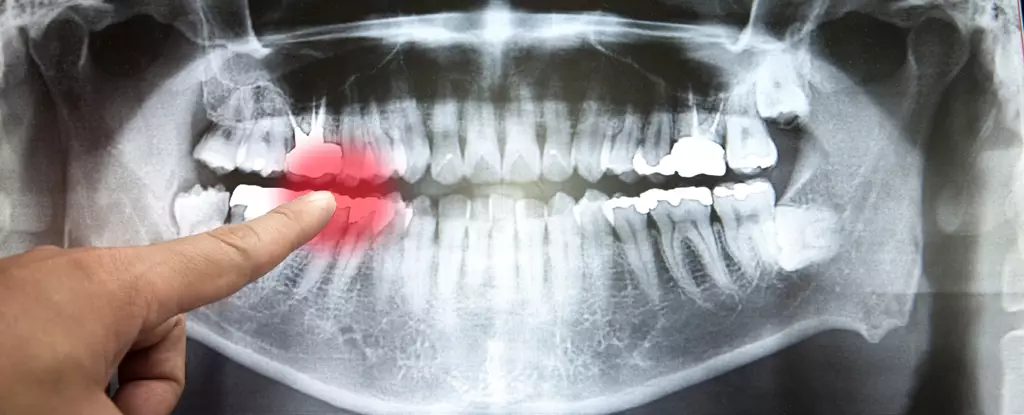

Accessing adequate dental care in the UK has become increasingly difficult for many individuals. The decline of NHS dentistry, combined with budget cuts, has led to the emergence of “dental deserts” across the country. These are areas where minimal or no NHS dental health care provision is available, and private care is often unaffordable. The situation has been exacerbated by the lockdowns during the pandemic, which prevented many people from accessing medical care, including essential dental services.
The lack of access to professional dental care has led some individuals to resort to desperate measures to address dental issues. Reports have surfaced of people attempting various DIY dental procedures, such as fixing crowns with cement and superglue, removing teeth with household tools like pliers and even applying chemical metal as a filling. These makeshift solutions not only pose serious health risks but can also result in long-term complications that may require invasive surgery to correct.
One particularly risky DIY dental procedure is self-extraction of teeth. While the tools used by dentists are specifically designed to prevent microbial contamination and are sterilized after each use, household tools like pliers carry a high risk of infection. Self-extractions can result in oroantral fistulas, abnormal tunnels between the mouth and the maxillary sinus, which can lead to severe infections if not treated promptly. Additionally, leaving root residue in the gum after extraction can also lead to infections and other complications, requiring costly oral surgery to correct.
In addition to addressing dental pain, some individuals engage in DIY cosmetic dentistry in an attempt to achieve a desired aesthetic. Using nail files to smooth tooth surfaces or applying hydrogen peroxide directly to teeth for whitening purposes are common practices that can have serious consequences. Removing the protective enamel layer from teeth or exposing them to high concentrations of hydrogen peroxide can lead to irreversible damage, infections, decay, and even tooth death.
The risks associated with DIY dentistry highlight the importance of seeking professional dental care for oral health issues. Visiting a dentist for oral emergencies or cosmetic procedures is essential to ensure proper treatment and avoid long-term complications. Increasing affordable dental provision should be a priority for the government to address the growing problem of inadequate access to dental care and prevent individuals from resorting to risky DIY practices.
While the allure of quick fixes and hacks may tempt individuals to attempt DIY dentistry, the potential risks far outweigh any perceived benefits. The dangers of self-extractions, cosmetic procedures, and other DIY dental practices can lead to serious health complications, infections, and long-term damage. It is crucial for individuals to prioritize professional dental care and for the government to increase access to affordable dental services to prevent the rise of DIY dentistry and promote overall oral health and well-being.
A groundbreaking expedition led by an international research team, featuring esteemed scientists from the University…
The pursuit of coherent control over wave transport and localization stands as a monumental challenge…
In recent astronomical explorations, researchers have unearthed a striking phenomenon emanating from a distant corner…
The quest for sustainable practices within the chemical industry is more critical than ever. Researchers…
In the complex interplay of human health, the relationship between the gut and the brain…
The relentless drive for sustainable energy solutions has fueled remarkable advancements in solar technology, with…
This website uses cookies.